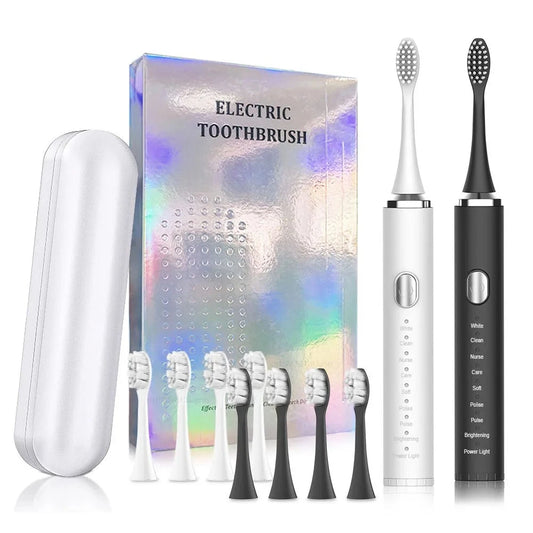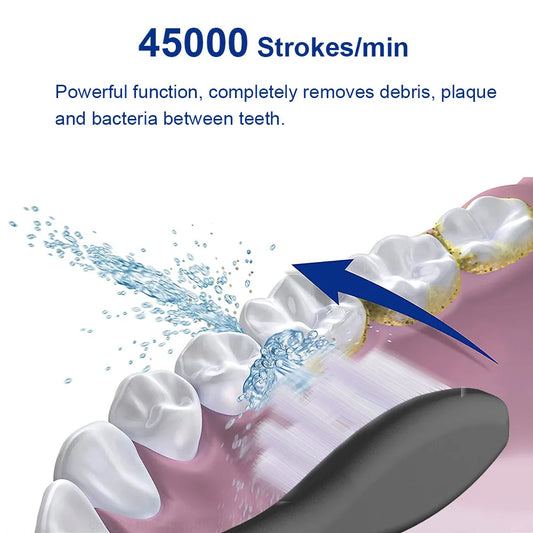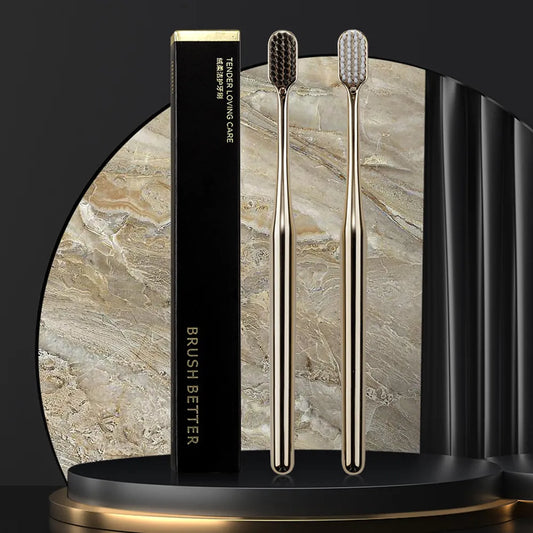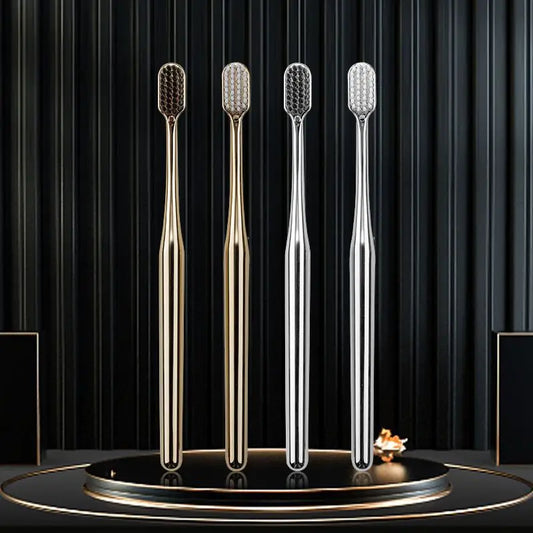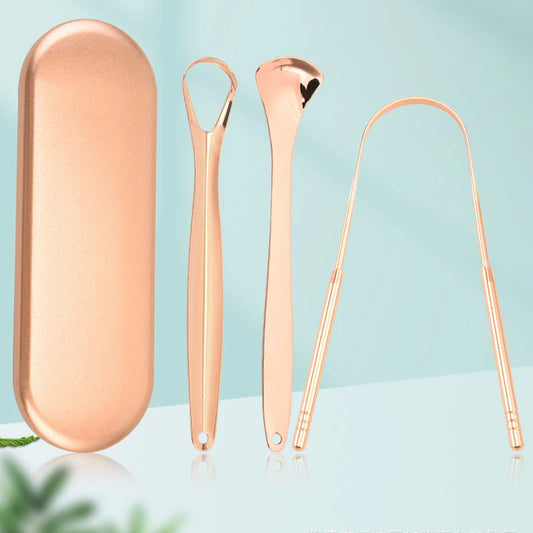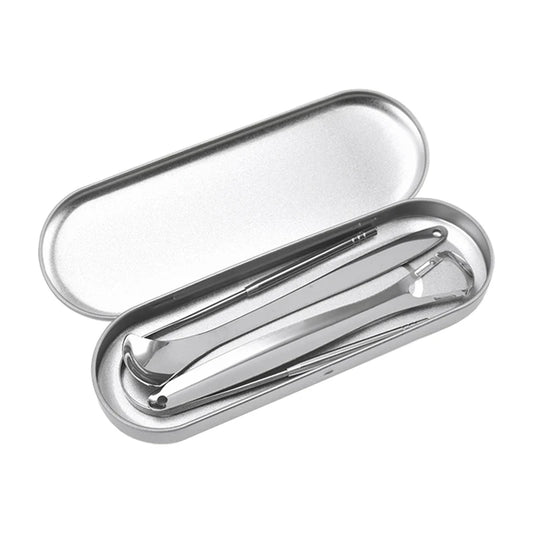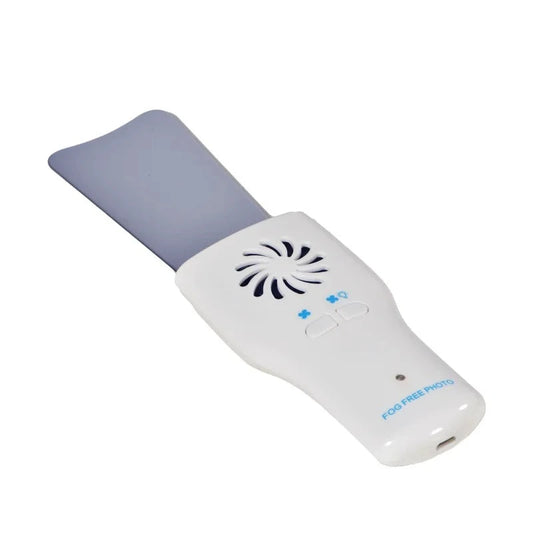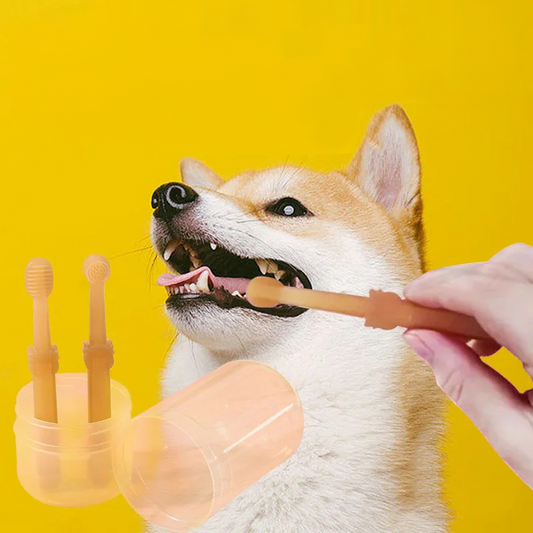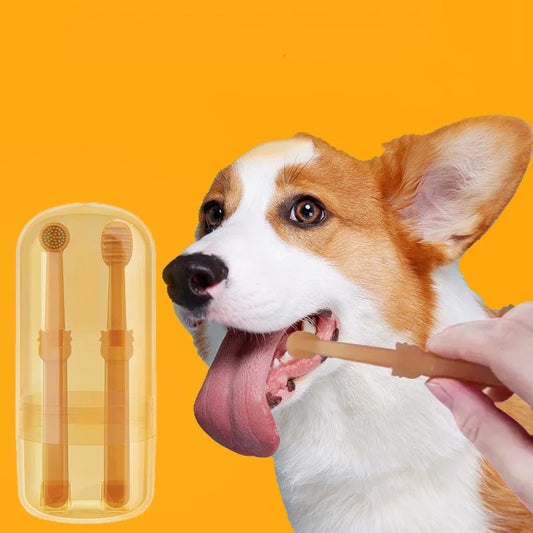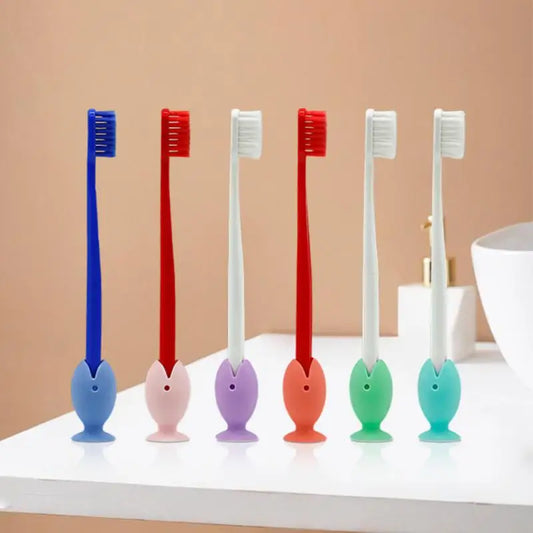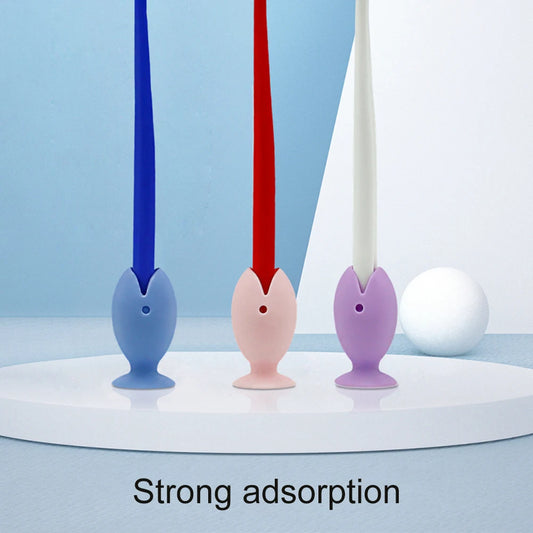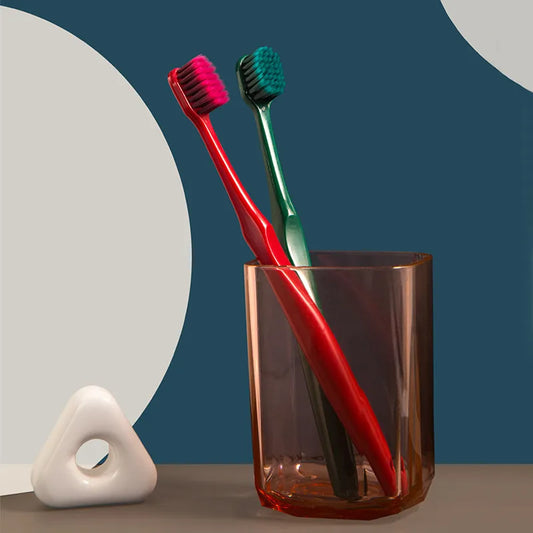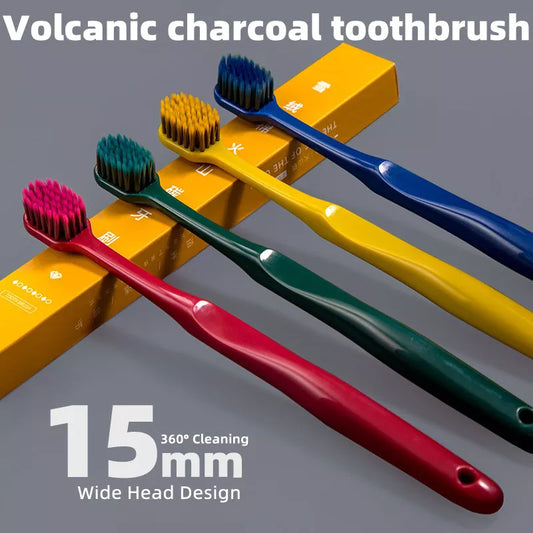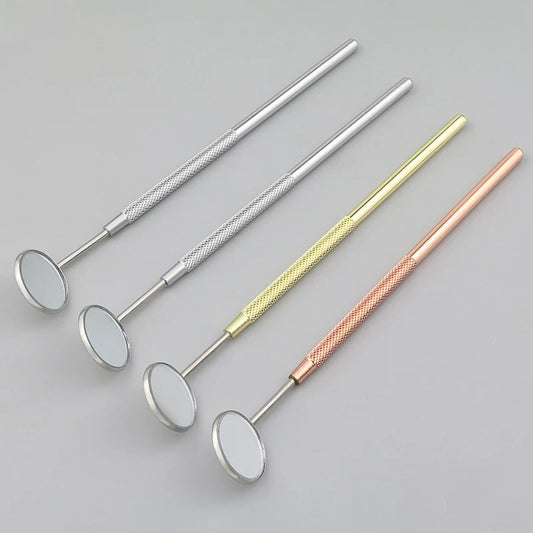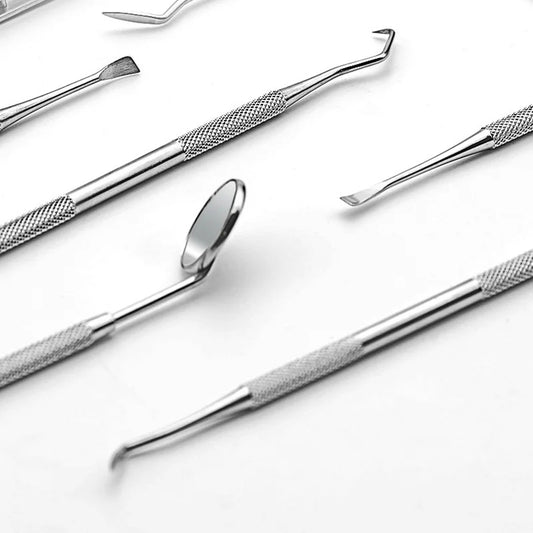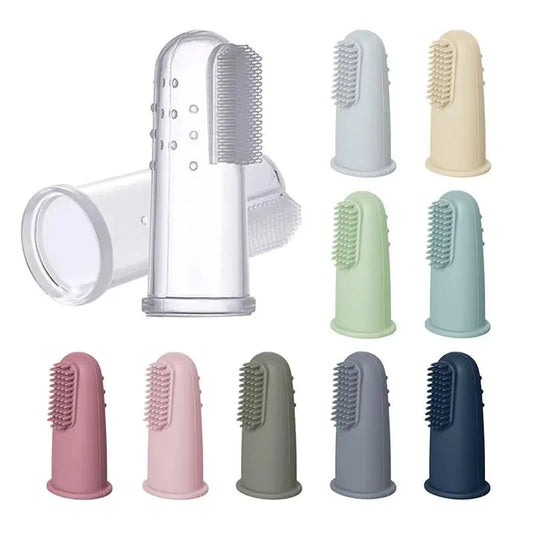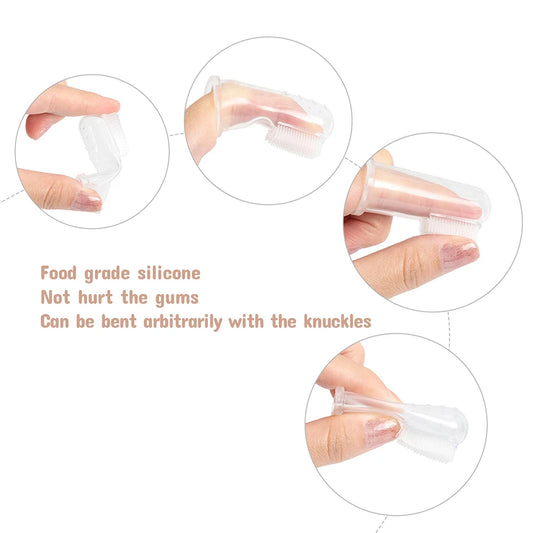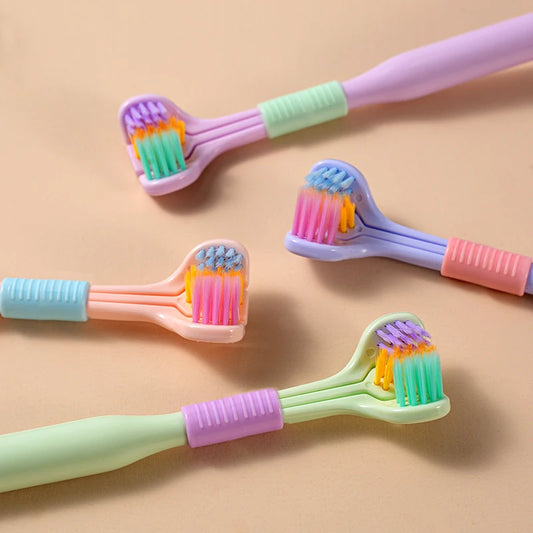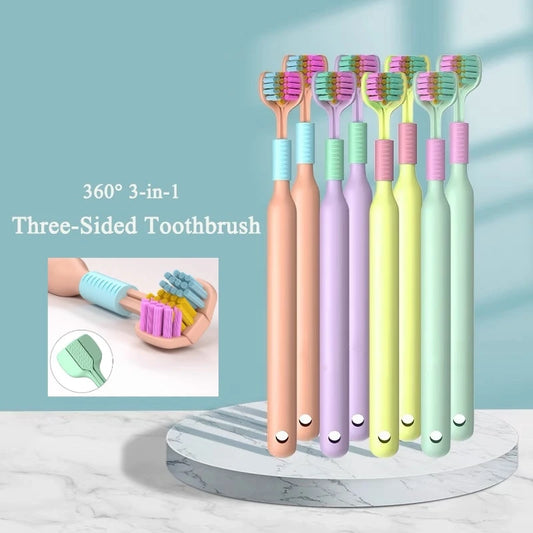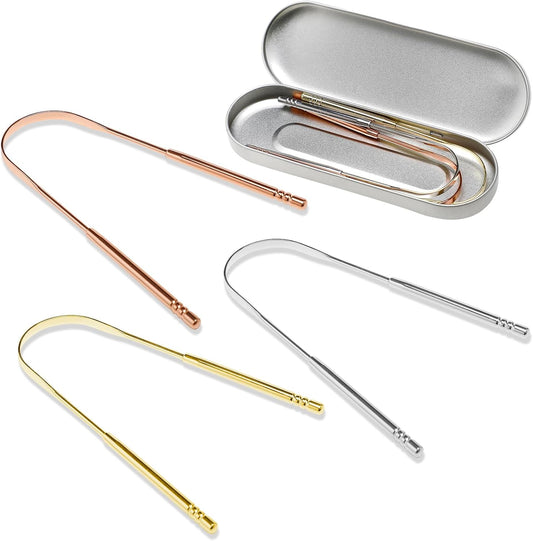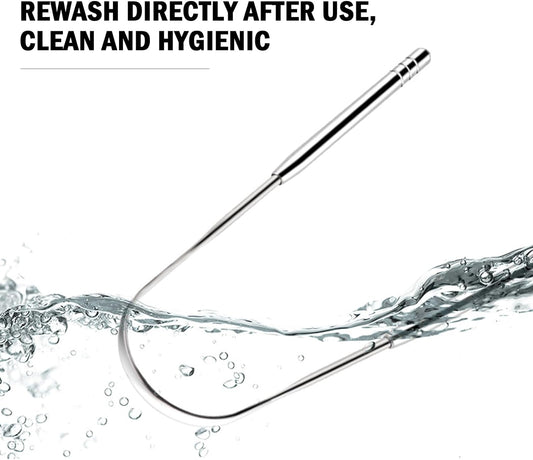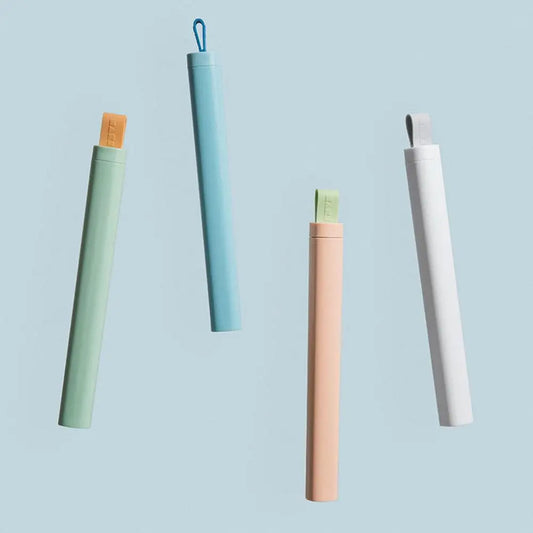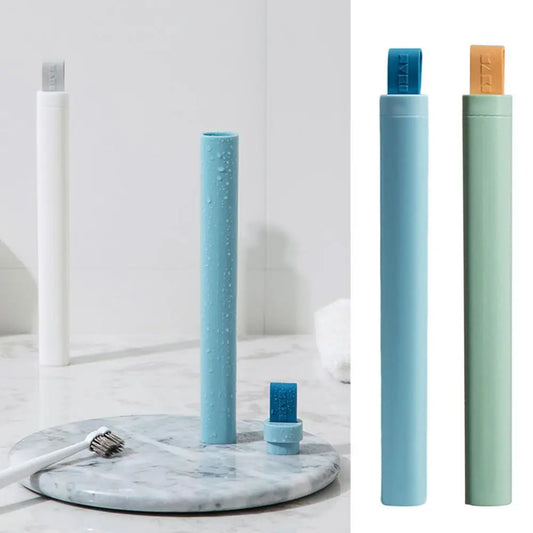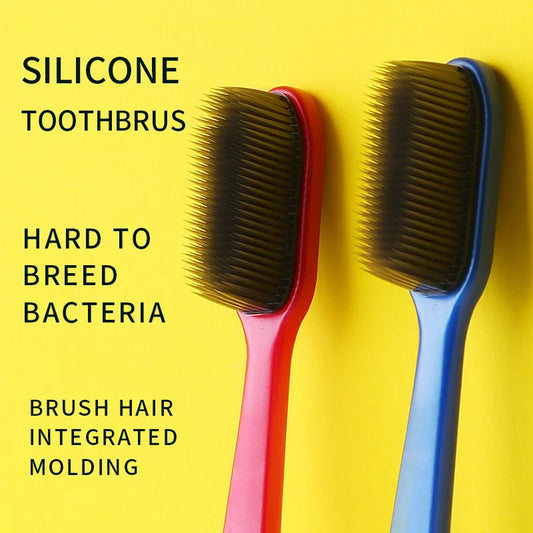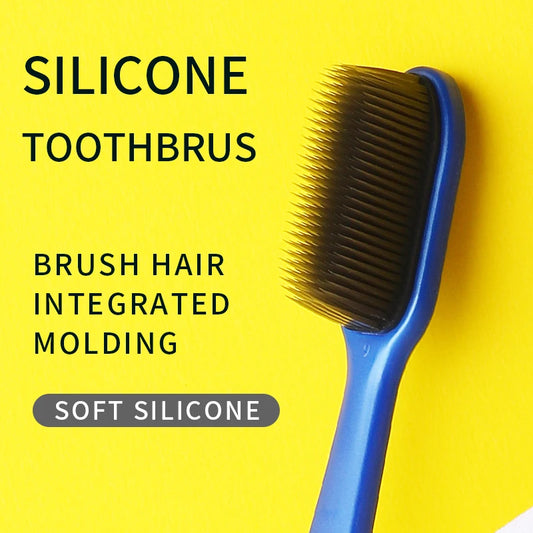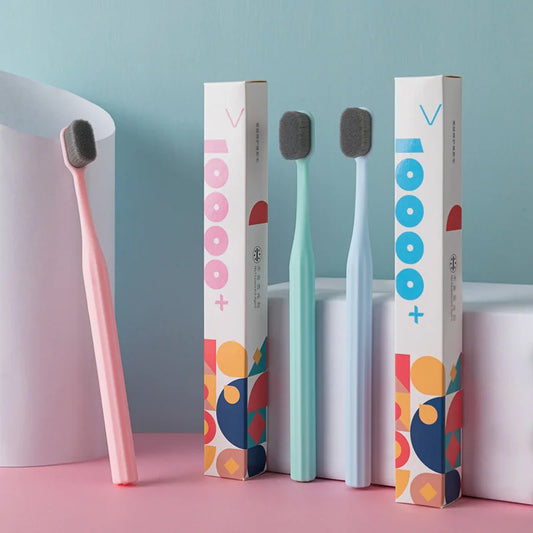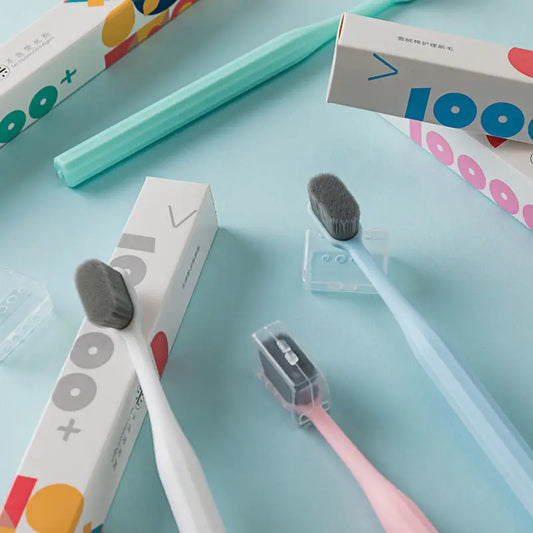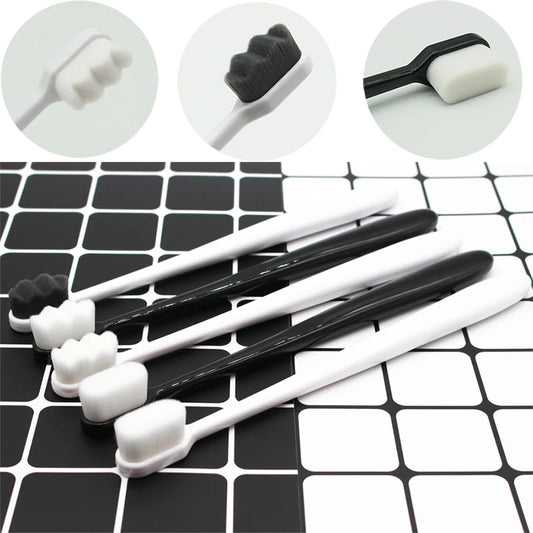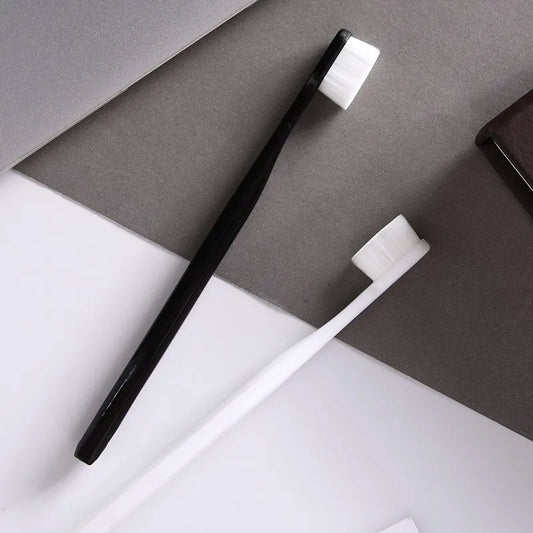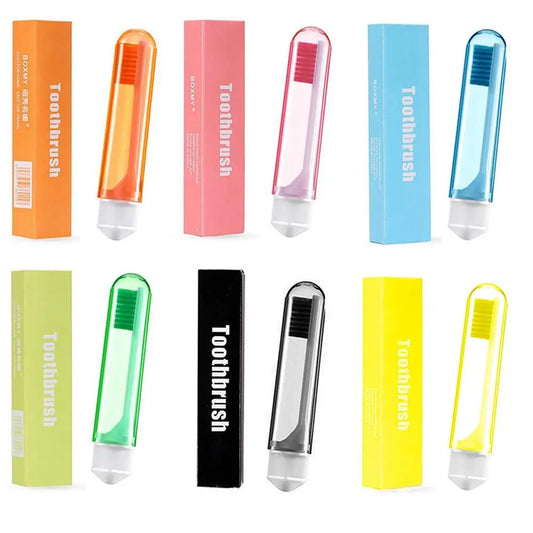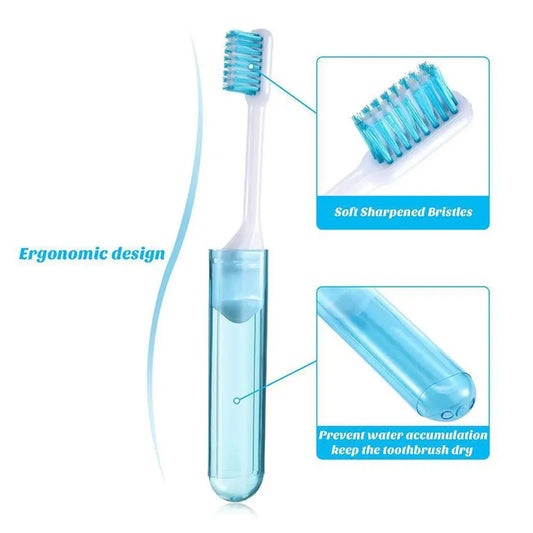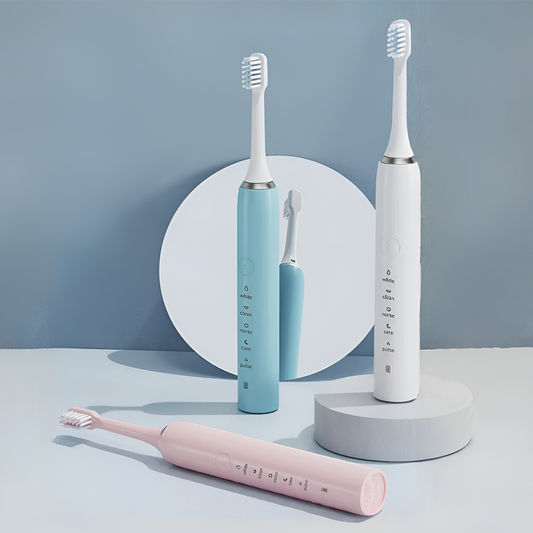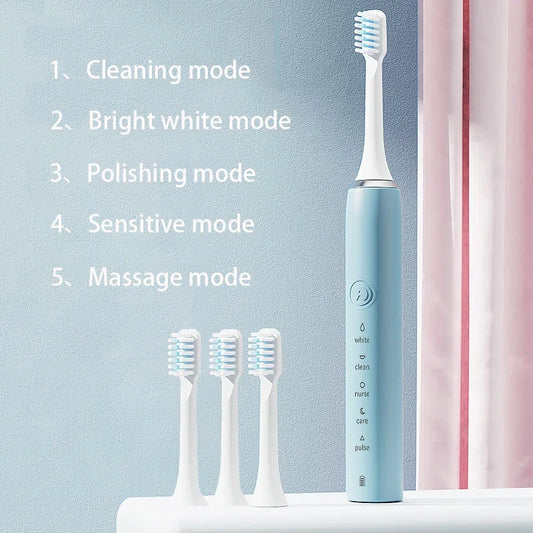Acidic drinks like fruit juices, sodas, energy drinks, and wine are a common part of many people’s daily routines. While they may taste refreshing, these beverages can quietly harm your teeth. Regular exposure to acids can erode tooth enamel, leading to sensitivity, cavities, and long-term dental problems. Understanding how acidic drinks affect your teeth and learning practical ways to protect your enamel is key to maintaining a healthy smile.
How Acidic Drinks Affect Your Teeth
Tooth enamel is the hard, protective outer layer of your teeth that shields them from decay and sensitivity. Acidic drinks lower the pH level in your mouth, softening enamel and making it more susceptible to erosion. Over time, this can lead to a variety of dental issues, including:
- Increased Tooth Sensitivity: Thinning enamel exposes the inner layers of the tooth, making it sensitive to hot, cold, or sweet foods and drinks.
- Higher Risk of Cavities: Weakened enamel is more prone to decay caused by bacteria and sugar in your diet.
- Discoloration: Enamel erosion can reveal the yellowish dentin underneath, causing teeth to appear stained or dull.
- Structural Damage: Severe erosion can lead to cracks, chips, or worn-down teeth, which may require costly dental treatments.
Common Acidic Drinks to Watch Out For
While many people are aware of sodas and citrus juices, several other drinks are surprisingly acidic. Examples include:
- Sodas and carbonated beverages
- Fruit juices like orange, grapefruit, and cranberry juice
- Energy drinks and sports beverages
- Wine and certain cocktails
- Flavored water with added citric acid
Practical Tips to Reduce Acid Damage
You don’t have to give up acidic drinks completely, but taking the right precautions can significantly reduce the damage to your enamel:
- Use a Straw: Reduces direct contact between acids and your teeth.
- Rinse with Water: Neutralizes acids and washes away leftover sugar immediately after drinking.
- Limit Frequency: Instead of sipping all day, enjoy acidic drinks in moderation and preferably with meals.
- Choose Tooth-Friendly Alternatives: Drink water, milk, or unsweetened tea whenever possible.
- Wait Before Brushing: Brushing immediately after acidic drinks can further wear down softened enamel. Wait at least 30–60 minutes before brushing.
- Chew Sugar-Free Gum: Stimulates saliva production, which naturally neutralizes acids and helps remineralize teeth.
Support Enamel Health With Diet and Products
Alongside avoiding excessive acidic drinks, certain foods and dental products can help strengthen your enamel and support remineralization:
- Calcium-Rich Foods: Cheese, milk, yogurt, almonds, and leafy greens provide minerals to strengthen enamel.
- Phosphate Sources: Eggs, fish, and nuts work with calcium to repair and maintain healthy teeth.
- Vitamin D: Supports calcium absorption. Get it from fatty fish, fortified foods, or sunlight.
- Fluoride Toothpaste and Mouthwash: Strengthens enamel and protects teeth from decay.
- Remineralizing Products: Toothpastes and gels containing calcium phosphate or hydroxyapatite can help restore enamel and reduce sensitivity.
When to See a Dentist
If you notice persistent tooth sensitivity, discoloration, or visible enamel wear, it’s important to schedule a dental check-up. Early intervention can prevent further erosion and help preserve your teeth. Your dentist may recommend fluoride treatments, dental sealants, or professional advice on managing acidic exposure in your diet.
Conclusion
Acidic drinks don’t have to spell trouble for your teeth if you take proactive steps to protect them. By moderating intake, using a straw, rinsing with water, supporting enamel with diet and dental products, and practicing good oral hygiene, you can enjoy your favorite beverages while keeping your smile strong and healthy. Protect your enamel today and ensure a brighter, healthier smile for years to come!


